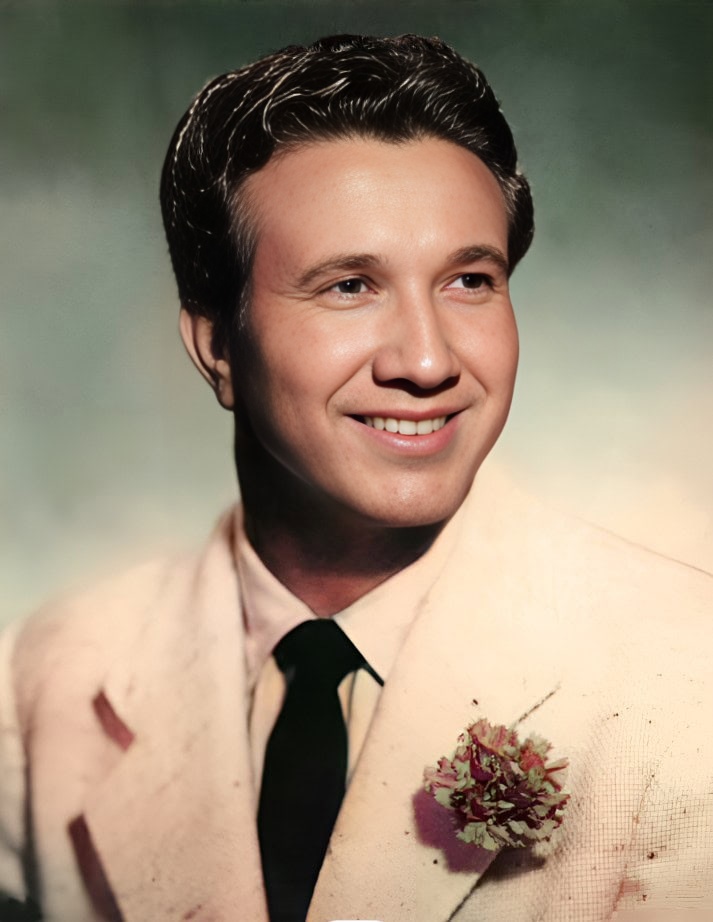
Marty Robbins, a name synonymous with the golden age of country music, was a multifaceted artist who effortlessly blended cowboy ballads, pop tunes, and even Hawaiian melodies into his distinctive sound. Born Martin David Robinson in 1925, his career spanned decades, earning him a place in the Country Music Hall of Fame and a star on the Hollywood Walk of Fame. Robbins wasn’t just a singer; he was a songwriter, guitarist, and even a race car driver, showcasing a diverse range of talents. He graced the top of the Billboard country charts numerous times, and his signature song, “El Paso,” secured him a Grammy Award for Best Country & Western Recording in 1960. His impact on popular music remains undeniable.
Among his vast catalog of hits lies “The Master’s Call,” released in 1959. This poignant song tells the story of a dedicated old cowboy reflecting on his life and the impending arrival of death, personified as the “Master.” The lyrics paint a vivid picture of a hard-working life lived in the saddle, filled with the joys and hardships of the open range. The cowboy contemplates his past actions and expresses a sense of readiness to answer the Master’s call, finding solace in his faith and the hope of a peaceful rest.
“The Master’s Call” resonated deeply with audiences upon its release and continues to touch listeners today. Its themes of mortality, faith, and the acceptance of life’s journey strike a universal chord. Many listeners find comfort in the song’s message of finding peace in the face of death. Online forums and comment sections are filled with anecdotes from individuals who recall hearing the song during times of loss and how it provided solace and a sense of closure. The song’s simple yet powerful storytelling, coupled with Robbins’ emotive vocal delivery, solidified its place as a timeless classic in the country music canon.